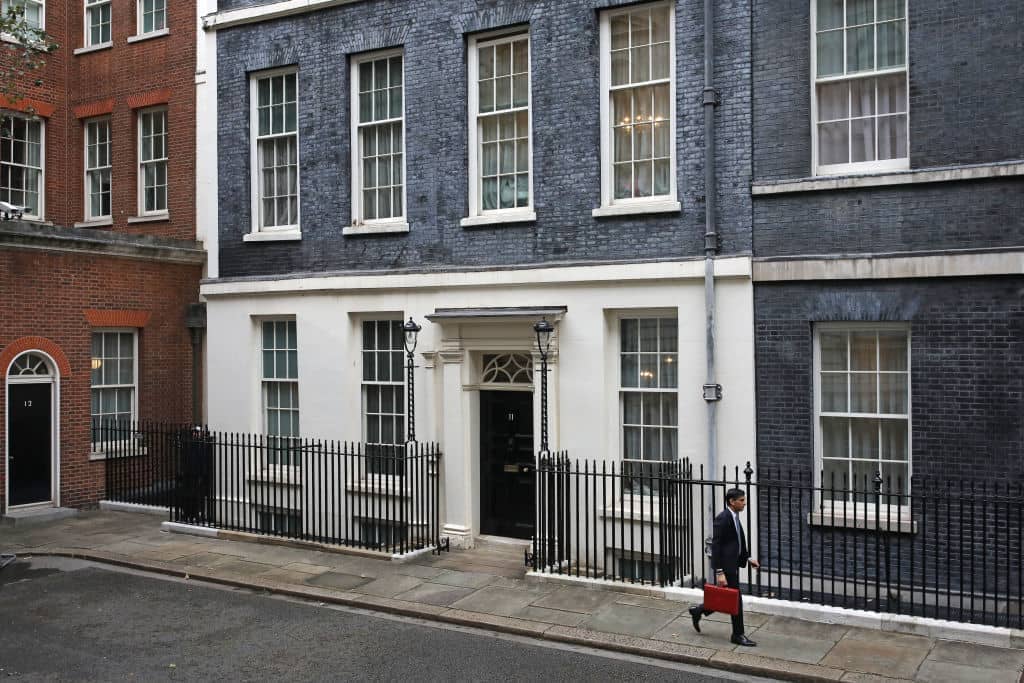Boris Johnson and Rishi Sunak have always been keen to stress that they are low-tax Conservatives — declarations that have previously sounded a bit like St Augustine’s prayer for the Lord to make him virtuous, but not yet. But the Budget announcement that the Universal Credit taper rate will be cut from 63 to 55 pence is a significant tax cut and one aimed at those most in need of it.
When the Tories were in opposition, David Cameron railed against the 96 per cent marginal tax rate facing people moving from welfare into work. Universal Credit, introduced by the coalition government, was meant to solve this problem. It did reduce that rate, but the working poor still faced a far higher marginal tax rate than those paying the top rate of tax. Faced with the expense of moving to this new system, George Osborne kept the taper rate high, blunting the purpose of the reform, which was supposed to ensure that work always paid. As Cameron admitted in his final conference speech as party leader: ‘Nearly two thirds of children in poverty have parents who are in jobs. For them, work hasn’t worked.’
The lower taper means that most full-time workers will gain more from this change than they will lose from the end of the £20 uplift to Universal Credit
The 8p cut in the taper rate is welcome. But it is worth remembering that even the new level is far higher than the 47 per cent rate faced by those earning over £150,000.
The lower taper means that most full-time workers will gain more from this change than they will lose from the end of the £20 uplift to Universal Credit, which was introduced as an emergency measure during the pandemic.
Sunak was keen to emphasise that the cut to the taper rate was the beginning of what he hoped would be a move towards lower personal taxes. He said that he wanted taxes going down by the end of the parliament. But this aim is heavily dependent on what happens with inflation and interest rates. As the Office for Budget Responsibility points out, the headroom that Sunak currently has – which would presumably be used for tax cuts – ‘would be wiped out by 1ppt lower GDP growth or higher interest rates’.







Comments